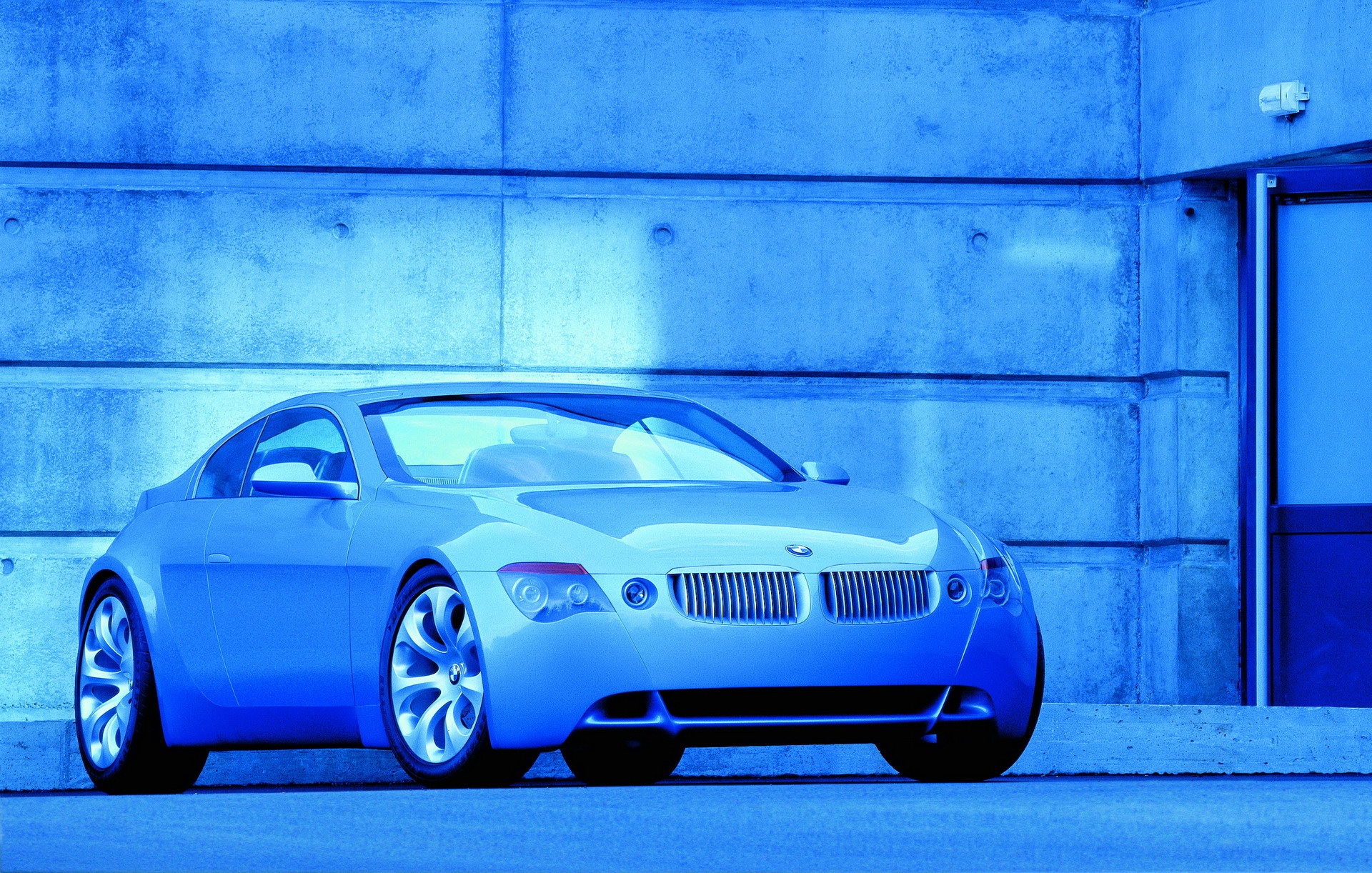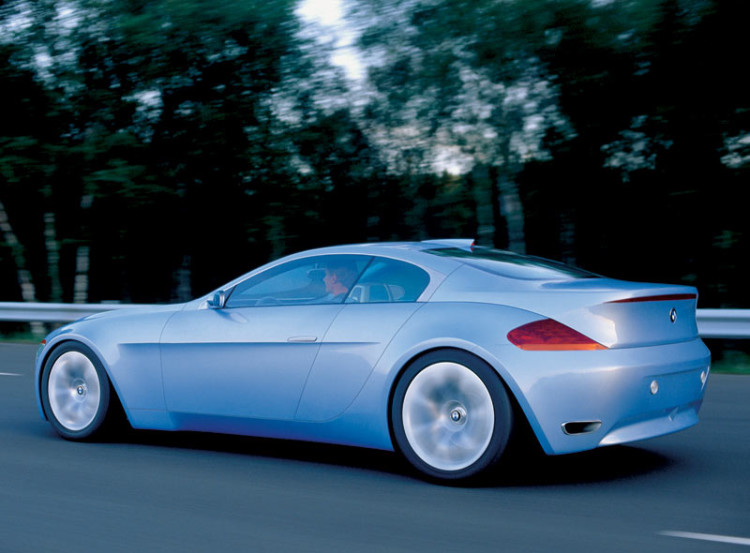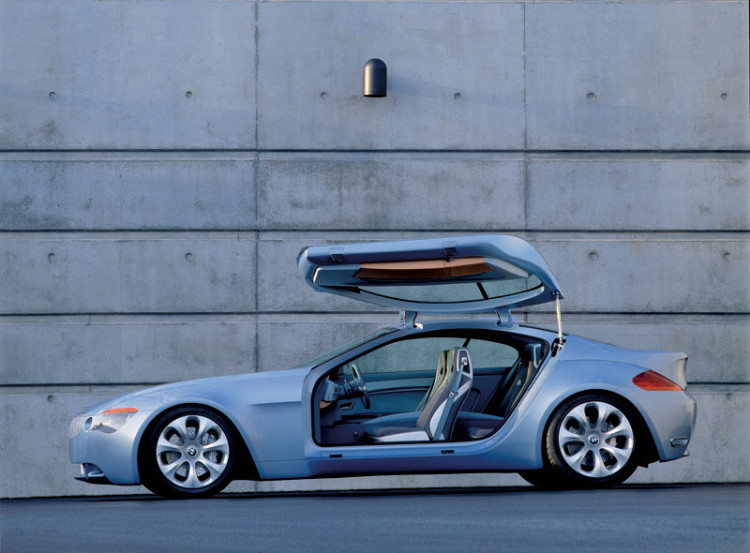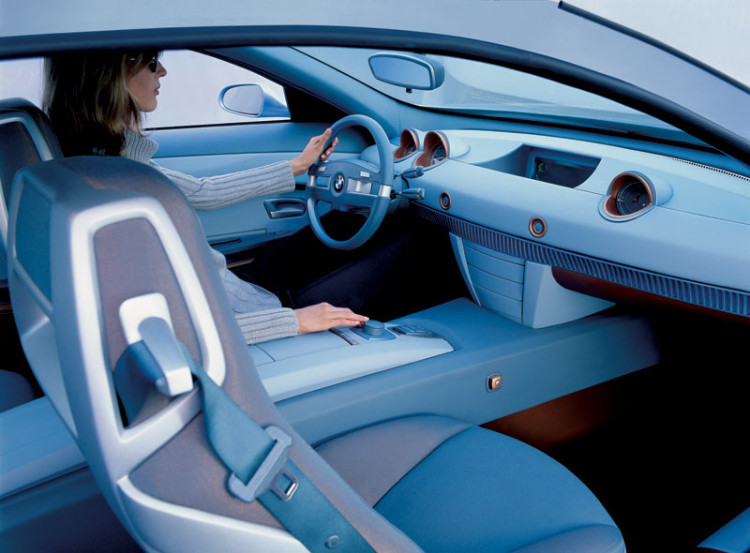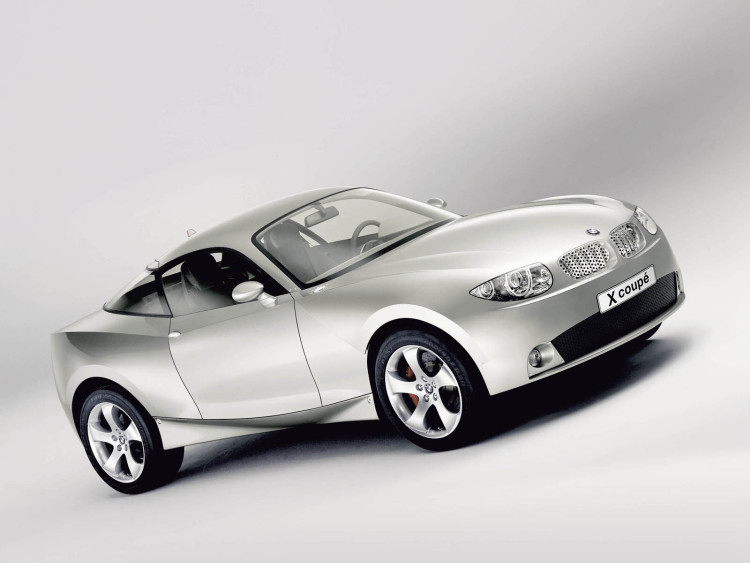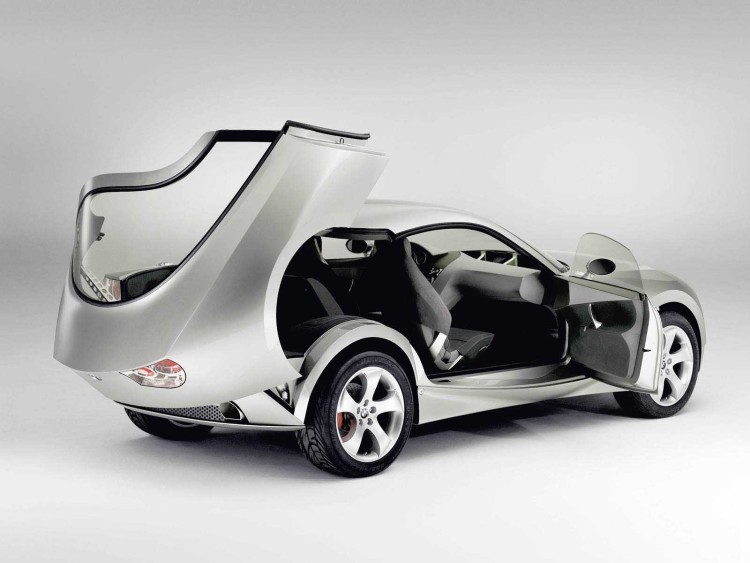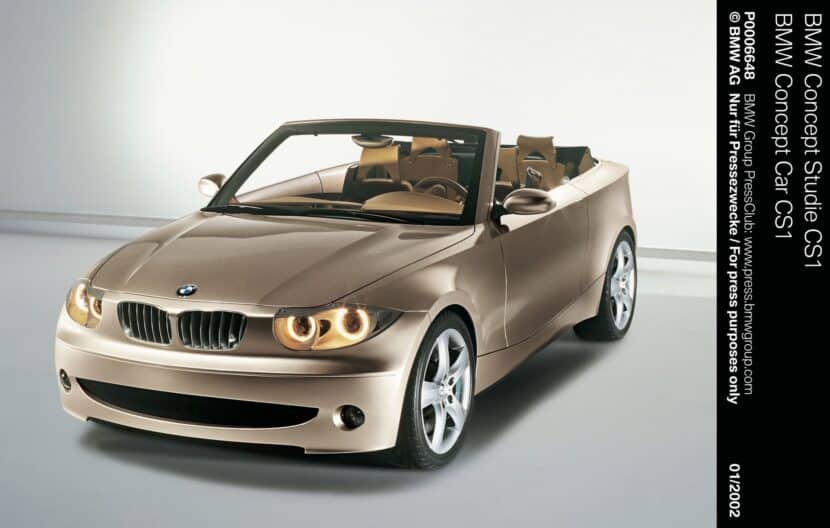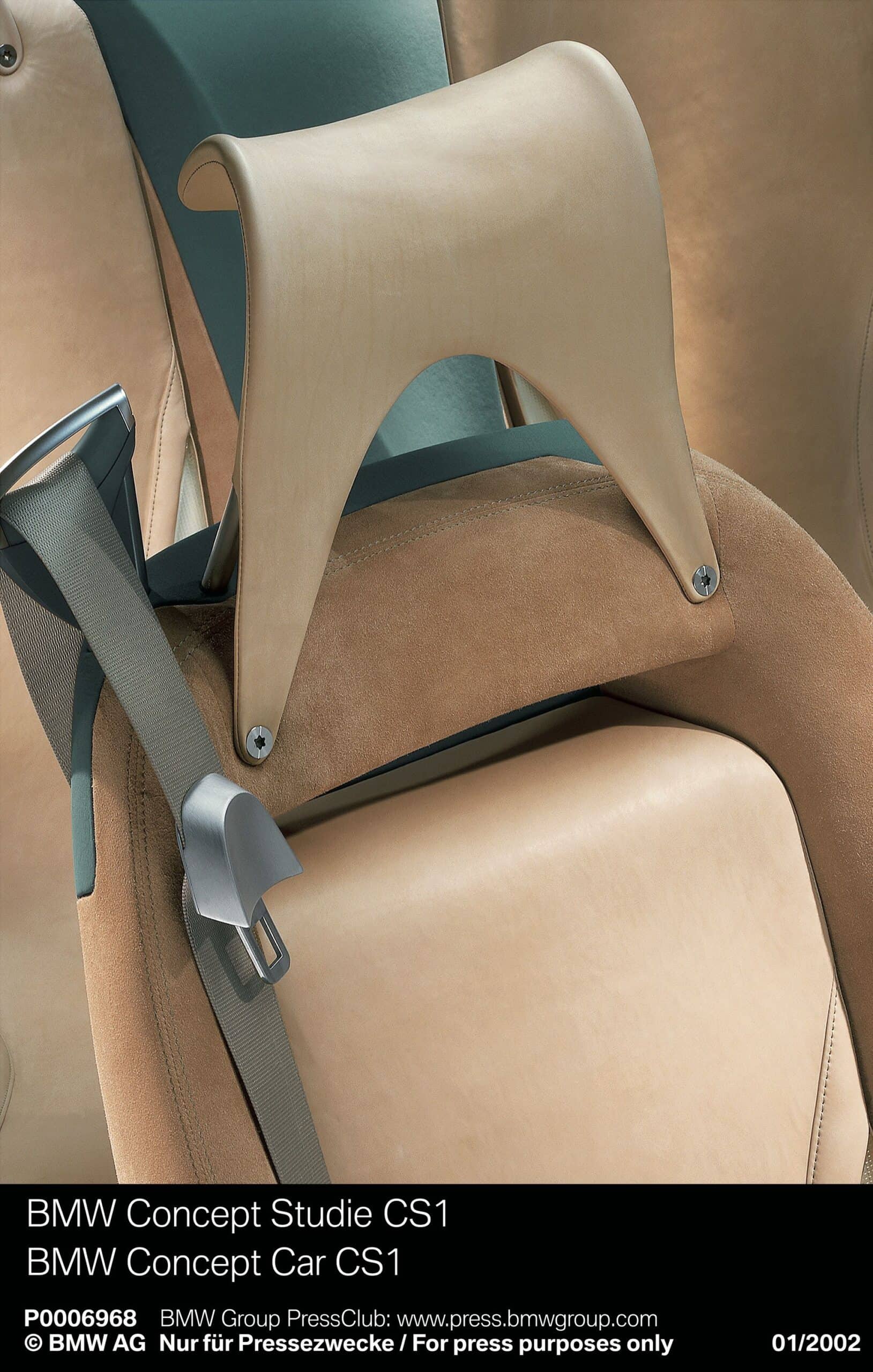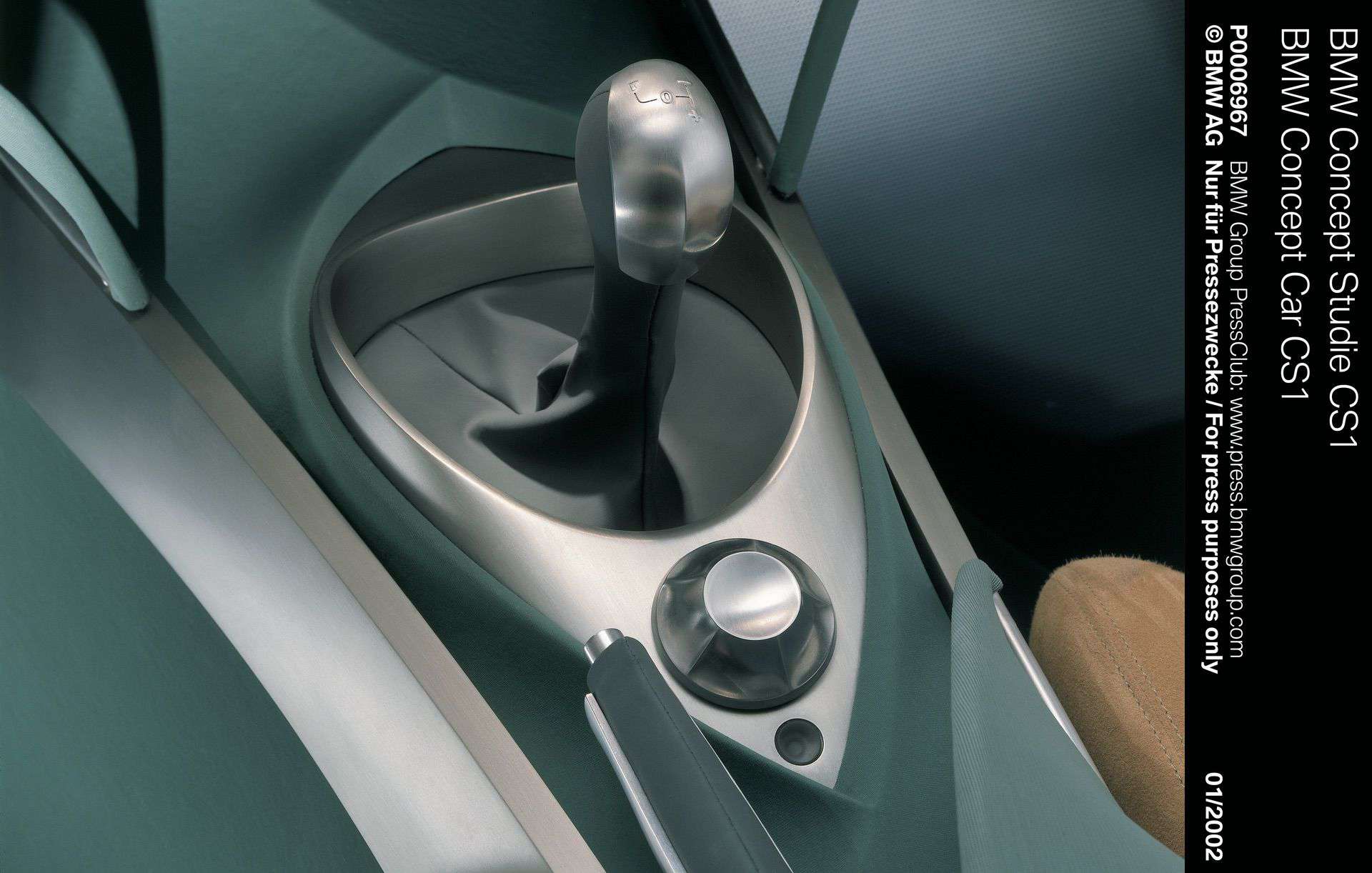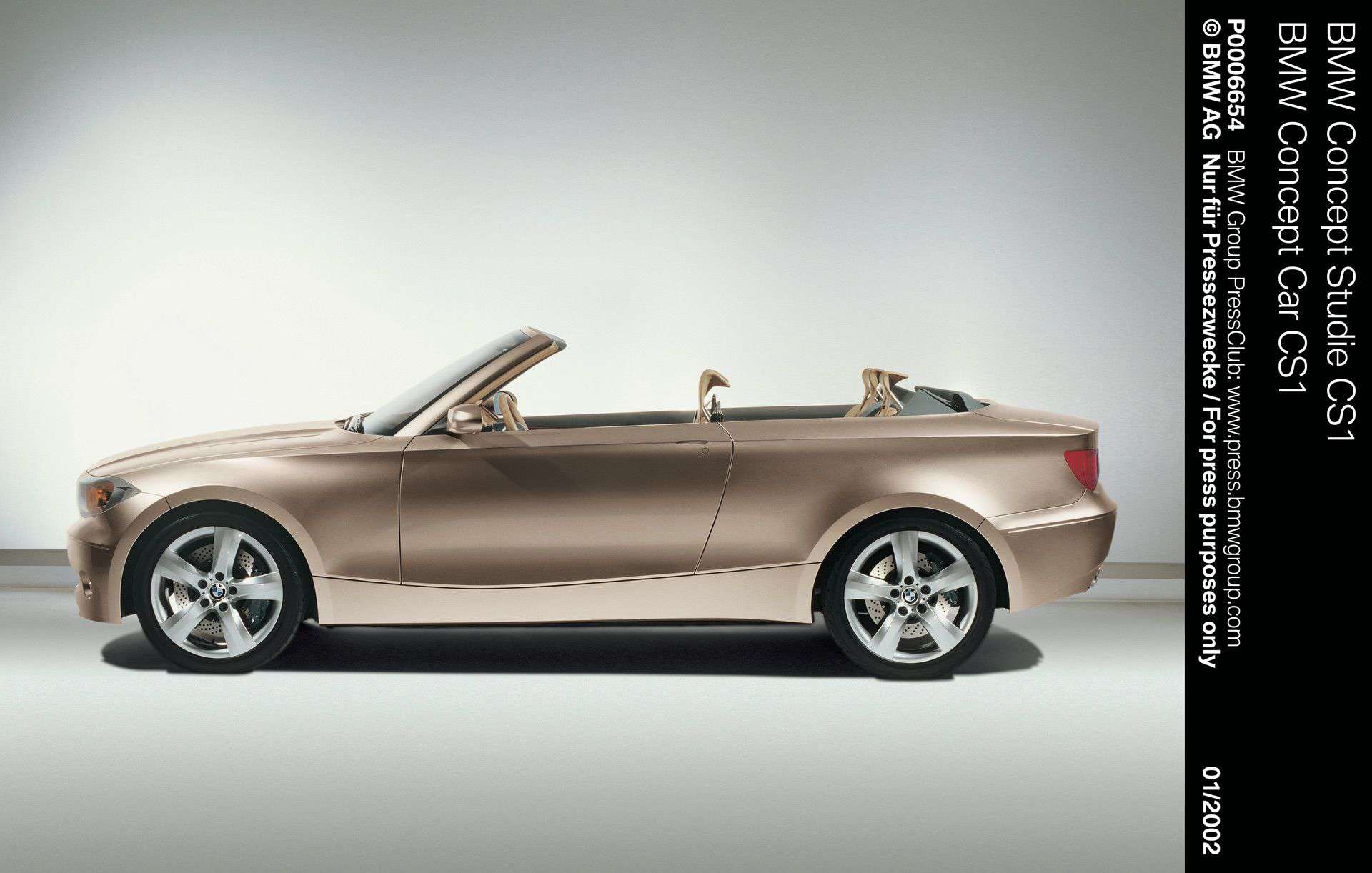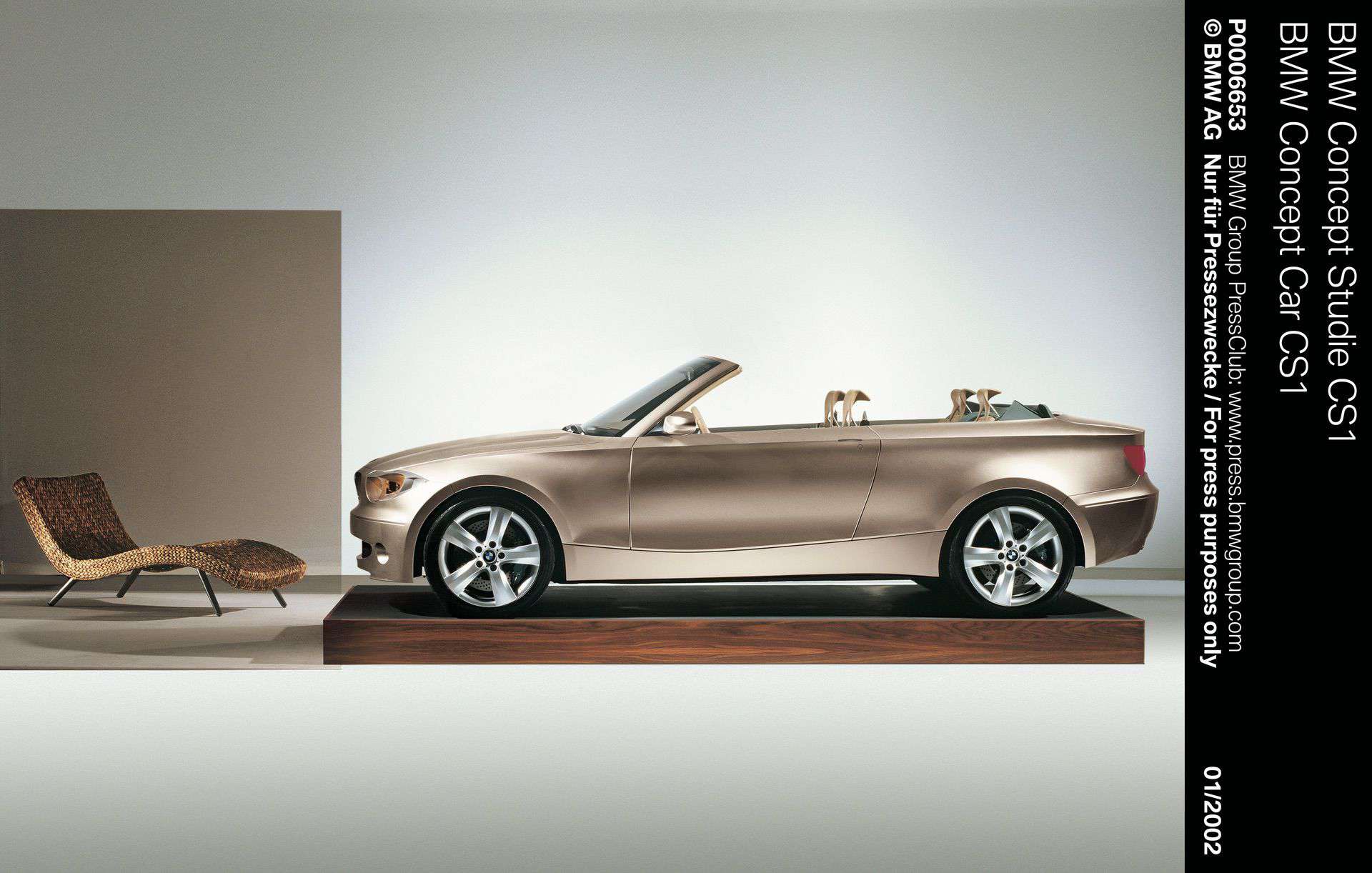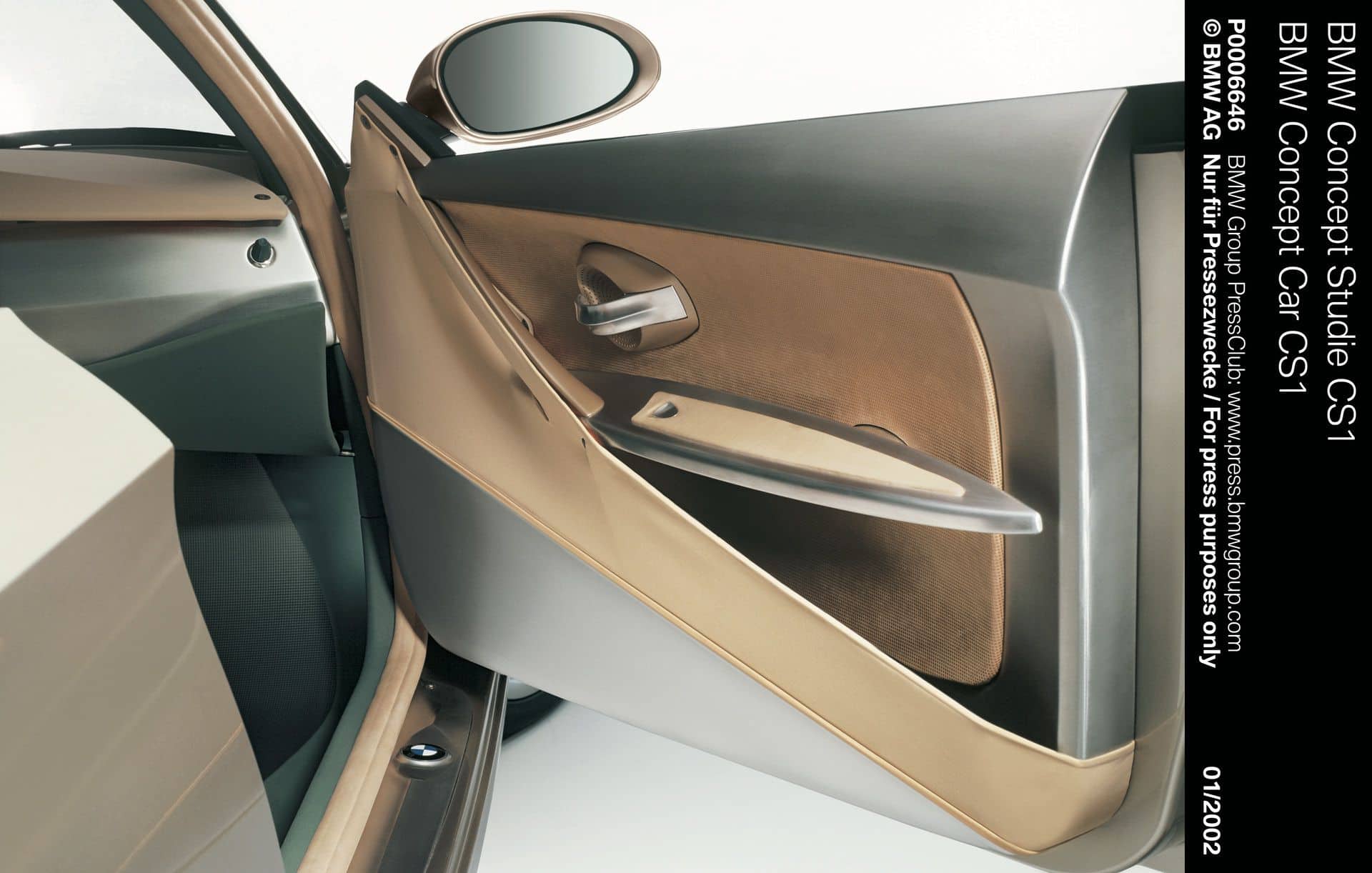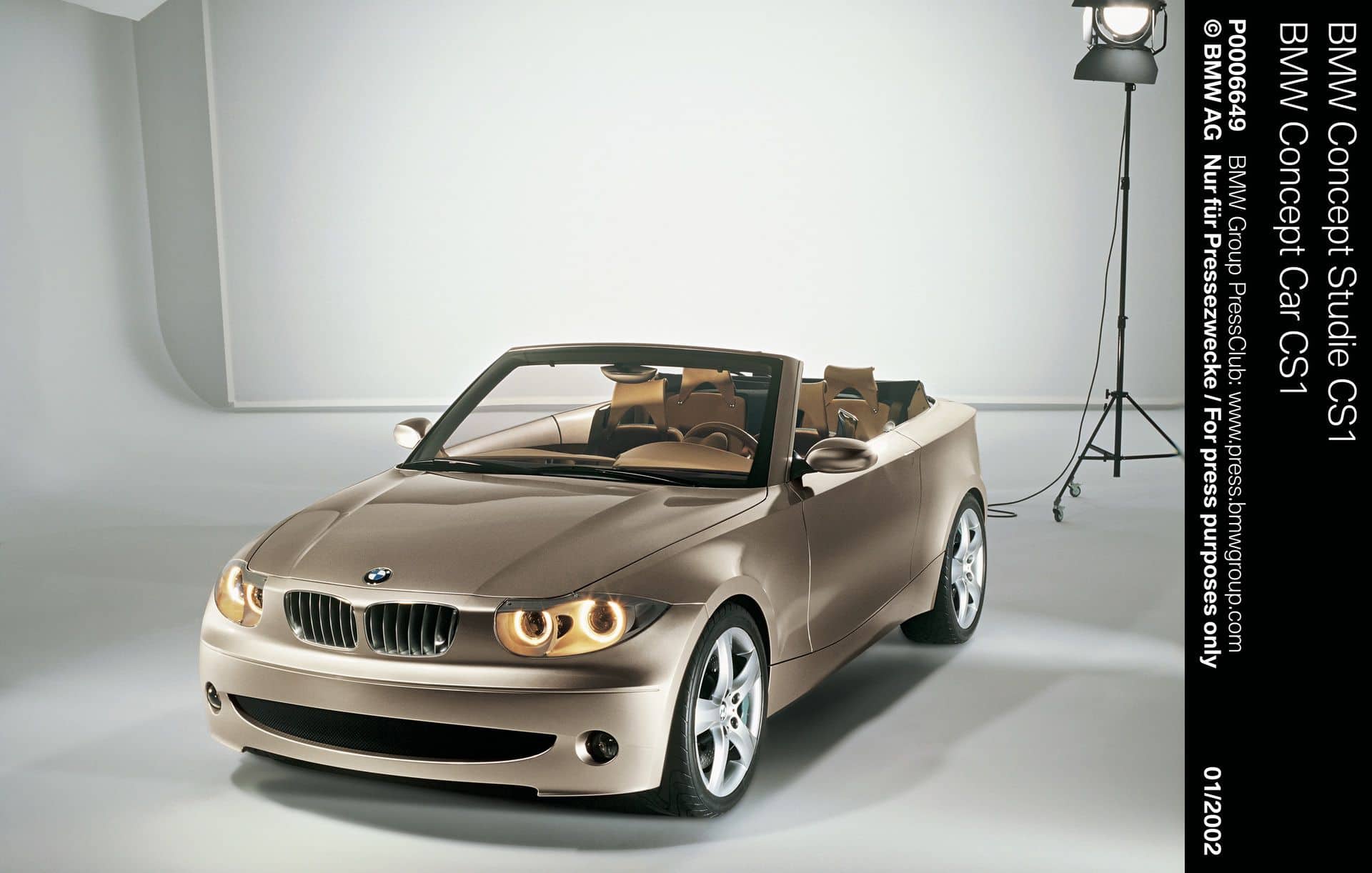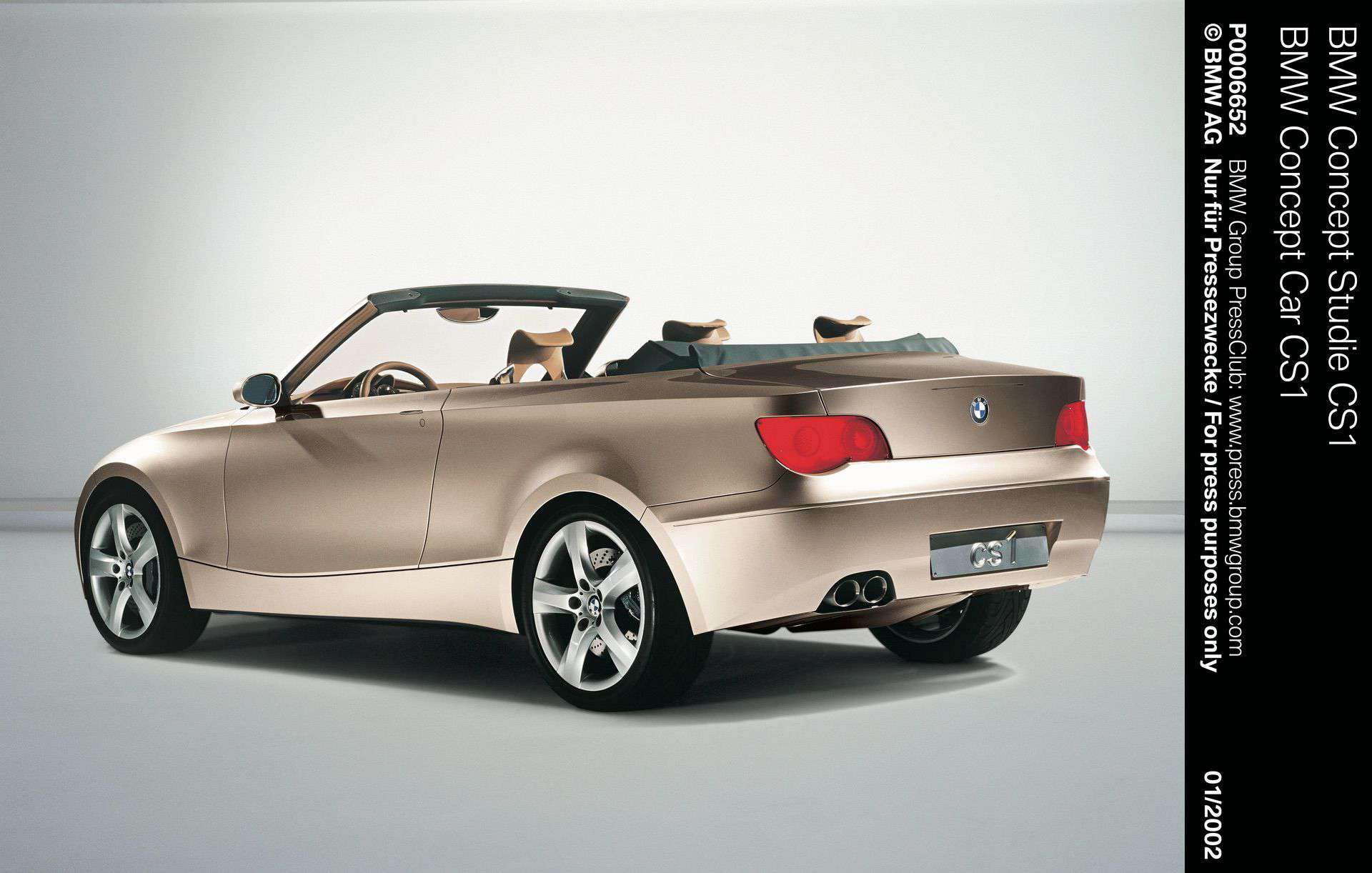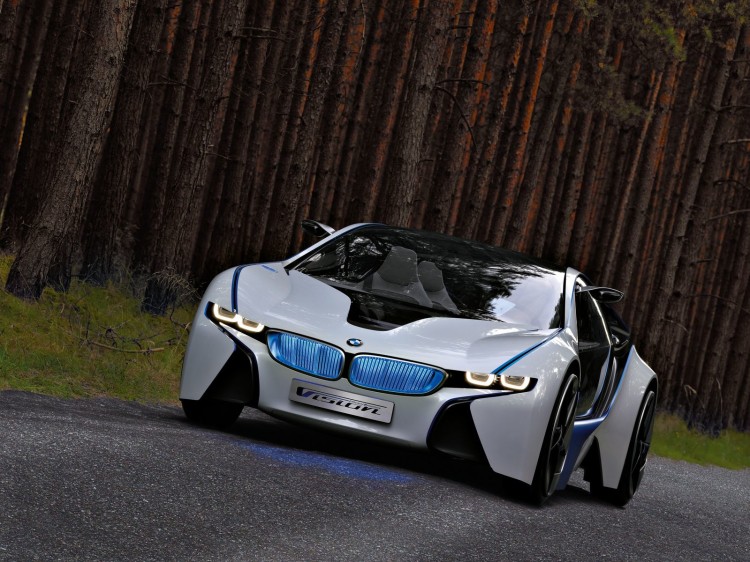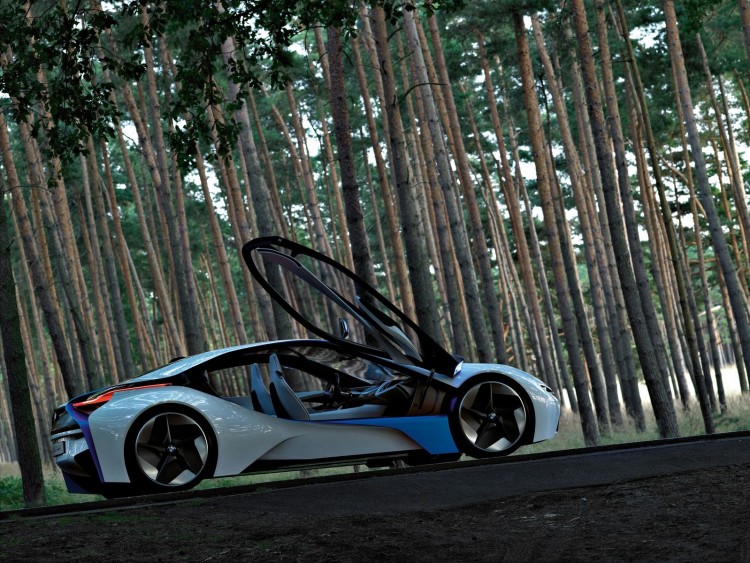Chris Bangle left a big mark on the design of BMW cars that echoed through the brand’s styling efforts long after his departure. He introduced innovative design principles like flame surfacing, he challenged traditional proportions, and his designs were generally quite dynamic and brought truth to the tired automotive cliché of cars that look like they’re moving while they’re standing still.
The “Bangle Butt” is what most people think of when they hear the name and point to the still awkward-looking rear end of the E65/E66 7 Series, but his influence extends far beyond that. While Chief of Design at BMW, he was also behind some simply spectacular concepts that either previewed a new design direction or an upcoming model.
BMW Z9 Gran Turismo
In 1999, BMW unveiled the Z9 Gran Turismo concept, which we now know was a preview for the E63 6 Series, another recipient of a unique Bangle-designed derriere. But it was much more important than that because it was a sneak peek at the design language that would define BMW throughout the 2000s and into the next decade.
It didn’t look like any BMW that had come before it, and there were no reused design cues from older models either. But take away the kidney grille and the obvious blue and white propeller badges, and you would have been hard-pressed back in 1999 to associate the shape with a BMW.
Today, the Z9 GT looks a lot more familiar, but that’s because we’ve grown accustomed to the shape of the 6 Series that it inspired, which was in production between 2003 and 2010. In 1999, though, it must have looked out of this world, and it probably seemed unfathomable that future production BMWs would look anything like that.
BMW X-Coupe Concept
Two years later came the 2001 BMW X-Coupe concept, which looked like a jacked-up Z4 coupe with questionable front and rear light designs. From the side, you can really see how it very closely previewed the look of the E85 Z4, only it’s bigger and it sits much higher off the ground, making for some quite eyebrow-raising proportions.
Aside from previewing the Z4, the X-Coupe also announced BMW’s desire to make tall coupe-like vehicles. The BMW X6 may not look anything like the concept, but the two were born out of a common idea.
2002 BMW CS1 Concept
The next Bangle-era concept, the 2002 BMW CS1 Concept, directly previewed a series model, the E87 1 Series. The study showed a small two-door convertible, and the shape and proportions remained very similar in the production E88 cabriolet, whose design, front fascia aside, has stood the test of time.
It also showed an evolution of the design language that BMW had already begun implementing in its production vehicles with the 2001 arrival of the E65. It also shows how Chris Bangle changed course with his automotive designs, giving up on strange rear ends and focusing more on delivering timeless shapes like the E90.
2009 BMW Vision EfficientDynamics
The last important concept that Chris Bangle was instrumental in was revealed after he had already resigned from his role as design boss at BMW. The 2009 BMW Vision EfficientDynamics ticked all the boxes: it previewed the design of BMW’s plug-in models, it showed what the production i8 would look like, and it also emphasized the company’s commitment to produce efficient cars, which would become part of its ethos.
Looking at the 2009 concept today, it doesn’t look that much more extreme than the i8 it inspired. It has crazier doors and mirrors, but other than that, BMW achieved a remarkable feat in keeping most of the study’s dramatic design elements for the production i8.
As time has passed, the views about Chris Bangle’s contribution to automotive design have matured, and we now like some of the BMW designs that we weren’t so happy with when they were launched. The E60, for instance, was a controversial design from the era, but today it’s been accepted as a worthy 5 Series generation. You might even hear some people say they think it looks great.
These defining concepts created under Bangle shaped BMW’s brand identity coming out of the 2000s, and it was a reinvention that the brand needed at the time. Not all the production cars the concepts inspired were considered pretty, but today we’d be much more inclined to call them interesting, not ugly, and Chris Bangle’s daring contribution a positive one.


